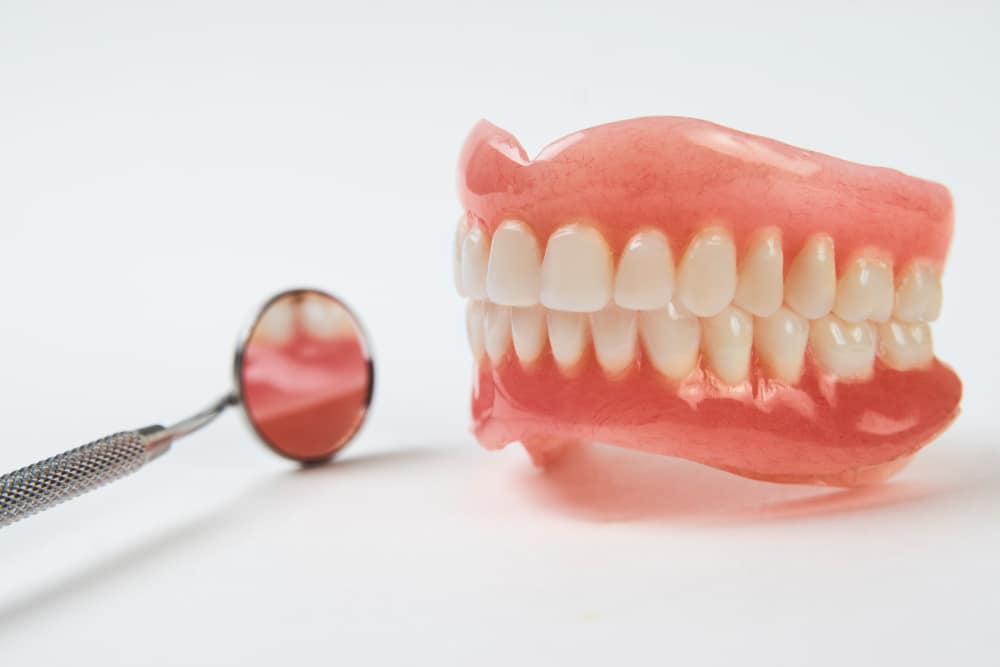In the modern 21st century, all the manufacturing process is done using CNC machining services, signaling a shift from the conventional methods of manufacturing. In simple terms, CNC refers to computer numerical control.
During the early days of the manufacturing sector, engineers and designers used to operate machines and equipment using routers, shaping machines, vertical millers, and center lathes, which made the entire production phase cumbersome.
There are plenty of benefits that come with CNC machining services, one the key advantages being the replacement of machine operators, for most manufacturers, complete automation is what has made CNC tooling process a go-to technique when it comes to the production of prototypes. Additionally, it’s also suitable for fabrications.
CNC provides excellent outcomes as its precise, efficient, and expedient in the production process. These are some of the essential qualities needed when it comes to the production of large machine parts/products.
In comparison with conventional tooling methods, CNC machining is best suited for certain types of productions that are cost-effective as well as economical in the long-run. For this post, we are going to briefly highlight some of the most innovative applications of the tooling technique in different industrial sectors. So, let’s dive in!

Aerospace
The precision and mechanical properties of CNC machining mean that the production technique can be used in the highly stringent aerospace sector. AS9100D certification outlines a CNC machining facility that can maintain the high-quality standards and control used by the Society of Automotive Engineers within the industry.
The application of the machining process varies from the manufacture of small machined parts such as component housing, tooling to the medium and large production of products/parts that are vital for the proper operation of an aircraft such as body, wings or landing gear which applies to military and motor vehicle.
NASA has classified CNC machining as a mission-proven tech. At the space agency, there have been different applications of the technique from traveling to the international space station, interstellar missions, and in-house engineering projects, to mention a few.
On airplanes, the wide range of coating options for CNC machining, such as anodizing, provides robust protection against corrosion or rusting, making it vital for the production of high-end parts or products used in the aerospace industry.

Medical field
In the medical sector, CNC machining is quite vital in the production of working prototypes. Through the matching of materials selection between the end-use parts and prototypes, the technique provides the proof-of-concept of medical prototypes, which leads to thorough experimentation and testing during the initial phases.
CNC machining is also used to develop cutting-edge solutions such as the non-invasive procedure and enhancing surgeons’ capabilities to operate on delicate areas such as the throat, nose, and ear.
The selections of materials are also critical to the production of high-quality medical devices. Some of the most commonly used materials for medical-grade include Stainless Steel 17-4, PEEK, or Titanium 6Al-4V.
For PEEK and Titanium, they have been medically proven in terms of biocompatibility when implanted on a human body. The precision and accuracy of machined parts make it possible to produce complex and delicate components that boost the development of live cells reducing the chances of infection or rejection.
If you want to know more CNC machining services, please click here.

Mold-making and industrial piping
In the industrial sector, there is a wide variety of CNC machining applications ranging from oil & gas, power generation, petrochemicals, industrial robotics, machines tool, and heavy machinery.
At LTC-Proto, we use CNC machining in the manufacture of couplings, tool heads, and pipes. By choosing the machining technique, there is a significant reduction of the machine breakage/downtime and faster market delivery at a reduced cost.
The machining process is cost-effective as it allows the production of small batches. By choosing the right manufacturing partner who will cater to your needs and preference, the turn-around period can be drastically reduced to approximately one or two weeks.

Electronics
In today’s world, almost all consumer electronics are produced using CNC machining, From PCBs to customized electronic housings of tablets and phones. For example, PCBs, CNC milling is widely used as there is no use of chemicals, an important feature in the fabrication process.
In laptops, the casing of MacBook is milled from a piece of aluminum, providing the high performance and rigidity of a substantial bulk component.
Construction sector
Most of the tools and equipment used in the building and construction industry, such as fasteners, metal studs, and hand tools. The tooling procedure is crucial for the mass-production of construction equipment that will meet the minimum requirements and demands of the ever-changing trends of the building sector.
There plenty of advantages that come with employing CNC machining methods to your production sector. Regardless of the type of business and product produced, CNC will genuinely revolutionize your production process.

Comparison between CNC machining and conventional methods
CNC machining and conventional tooling have similarity both in terms of functionality and modalities. But, the two processes have key differences such as:
- The key difference is their nature: CNC is completely automated and doesn’t require human input while conventional machining requires manual operation.
- CNC comes with a myriad of benefits which are unheard off when using conventional machining such as speed, production rate and precision.
- CNC machining doesn’t require a lot of personnel and can be done by a single employee whereas for conventional methods there are plenty of workers along the assembly line
- Conventional machining is quite costly especially when its associated with high-volume manufacturing while the CNC tooling method is cost-effective saving you money in the long run.

Benefits of using CNC machining application
Manufacturers and producers who are involved in large scale manufacture of plastic and metal parts have tremendous benefits when incorporating CNC machining in their production technique.
The tooling procedure come with a myriad of benefits that includes:
-
Precision
The machining is completely based on autonomous machining capacity using a digital template providing a high degree of precision with minimal chance of human errors. The precision achieved can hit 1/1000th.
-
Reliability
The machines provide consistent performance round the clock 24-hours a day without stoppage, the only time when production will be halted is through maintenance or repair.





